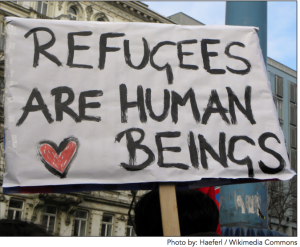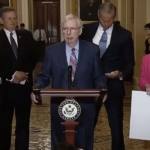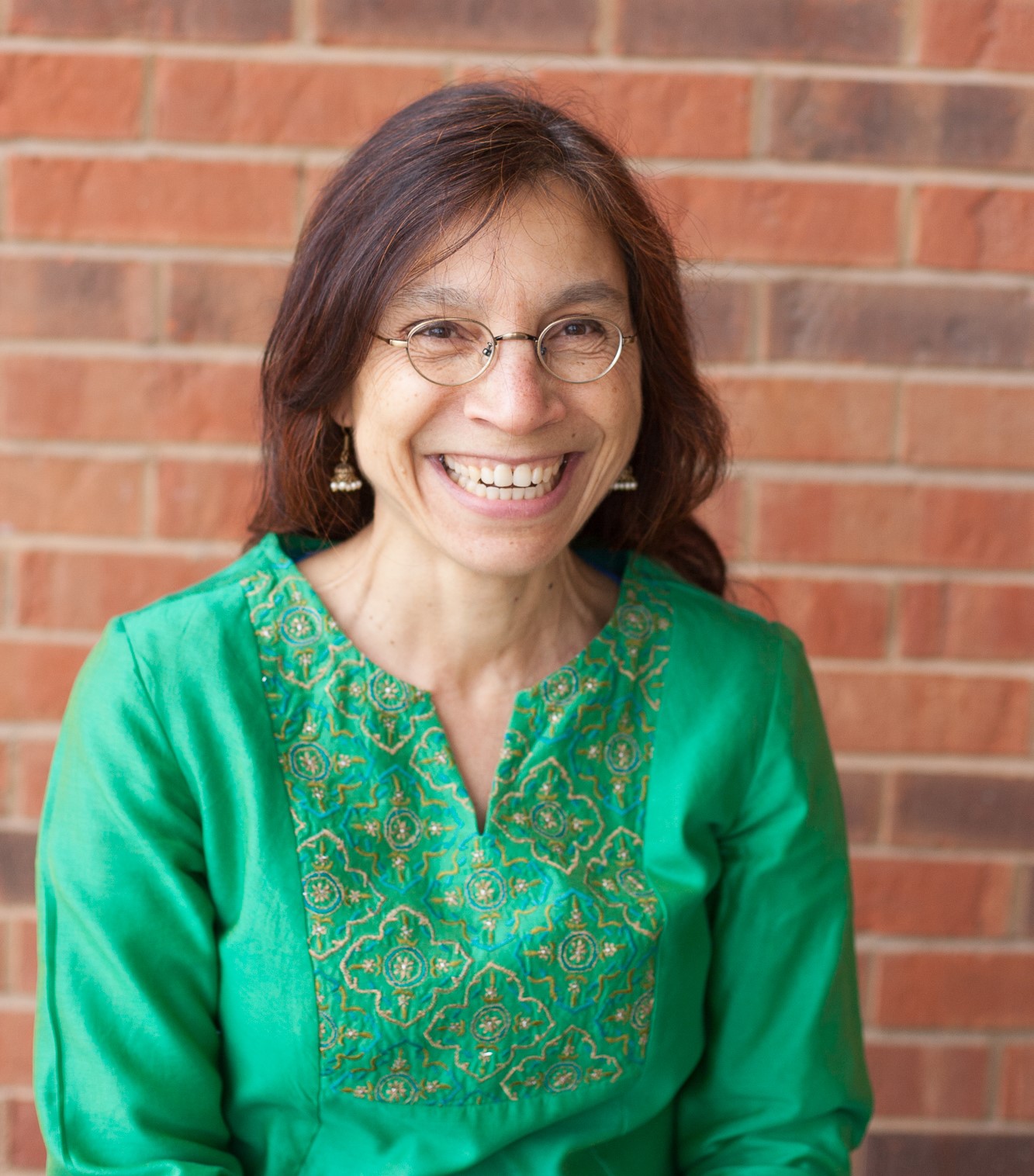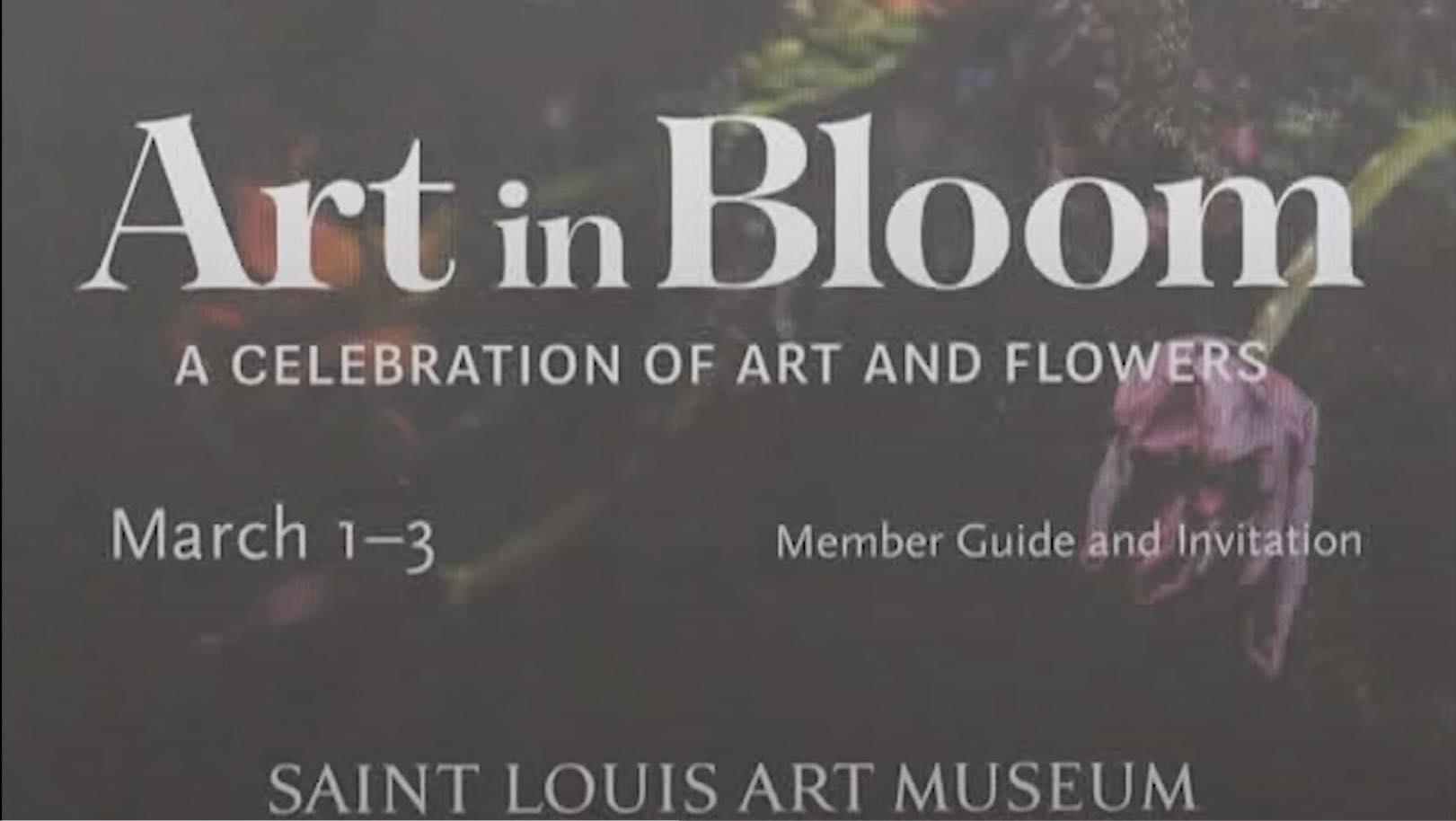Meramec’s International Education week focuses on acceptance of refugees into St. Louis society
 By: Sean E. Thomas
By: Sean E. Thomas
Staff Writer
It is the middle of July in Srebrenica; the year is 1995.
Soldiers from the Bosnian Serb Army of Republika Srpska, or VRS, under the command of General Ratklo Mladic enter the city ignoring the declaration by the United Nations designating Srebrenica a “safe area.” This results in the murder of 8,000 Bosnian Muslims, primarily men and boys, and the forcible transfer and abuse of 30,000 women, children, and elderly.
In 2004, by unanimous ruling, the Appeals Chamber of the International Criminal Tribunal for the former Yugoslavia declared these to be acts of genocide.
The exposure to atrocities such as these is where the differences between “immigrant” and “refugee” start to become clear, a primary piece of the discussion on day 3 of St. Louis Community Colleges International Education Week, which took place from November 14 through November 16.
Patrick McCarthy, the associate dean of libraries at Saint Louis University said, “They did not come because they had a choice,” he continued, “[a refugee is a person who] by legal definition, has a well-founded fear of persecution in their home country based on race, religion, nationality or political opinion, or if they are persecuted as a member of that group.” During his presentation titled “What the Bosnian Community Can Teach Us about Welcoming Syrian Refugees to St. Louis,” McCarthy used his background in refugee resettlement, spanning 20 years, to draw parallels between what brought Bosnian refugees to St. Louis in the 1990’s and what brings Syrian refugees to St. Louis now.
“The refugees whose lives have been shaped by the results of circumstances that include mass violence, that include crimes against humanity are the things that link these two amongst many other circumstances,” McCarthy said, “Both situations will ultimately require outside intervention to change that in any significant way.” McCarthy said that refugees are entitled to our help by legal standards that the United States has agreed to.
That there are many benefits to welcoming a refugee population including adding to society a set of skills and life experiences gained in their own country as well as those gained during the strenuous resettlement process they face once arriving in the United States.
“I like to think it’s the better part of who we are as a nation,” said Anita Baker, vice president of education at the International Institute of St. Louis and another one of the presenters at International Education Week.
In addition to legal standards and the benefits inherent in the diversification of community as reasons for welcoming refugees to St. Louis, Baker said, “[That there is] this whole idea of seeing diversity as a strength and finding ways to bring people from around the world to this country.” In her presentation “Recent Trends in Immigration to St. Louis,” Baker built upon some of the major points made by McCarthy in his earlier talk.
Baker pointed out the many ways in which the refugee community in St. Louis stabilizes economy and “breathes life into neighborhoods” such as the South and North sides of St. Louis City, long abandoned by those born here.
As the St. Louis, metropolitan area continues to lose population these influxes of refugees may be necessary for St. Louis to rebuild and revitalize itself now and in the future.
“Close that gap between misinformation and what is true,” said Baker.
“The U.S. Resettlement Program is a very tightly controlled program.” Again, pointing to the overruling fact that refugees do not choose to come to the United States, the pervading sentiment that there is some danger in accepting refugees seems to be quite unfounded.
“There are almost no individuals who came as refugees who have committed these acts of terrorism,” said McCarthy, “And when you think about it, it makes logical sense.
These are people who came out of war, who came out of extreme violence that was perpetrated against civilian populations that they personally experienced.
They know what it’s like to have terrorism inflicted on them.” A student present at the McCarthy’s presentation posed the question, what about the fear that many people in St. Louis and other cities around the United States possess in regards to our welcoming refugees? “In terms of attitude here’s what I would say about fear.
Fear is really the root of many of these attitudes that make people more prone to violence,” McCarthy said.
“My own view is that violence is rooted in hatred that we have all experienced in various ways.
Hatred is rooted in fear but fear, ultimately is rooted in ignorance.
The kind of ignorance that says I don’t experience anyone who doesn’t look like me.
I don’t go out of my comfort zone.
I don’t trust somebody who doesn’t think the way I think.
That’s what ignorance is and ignorance is the fuel of fear.”











